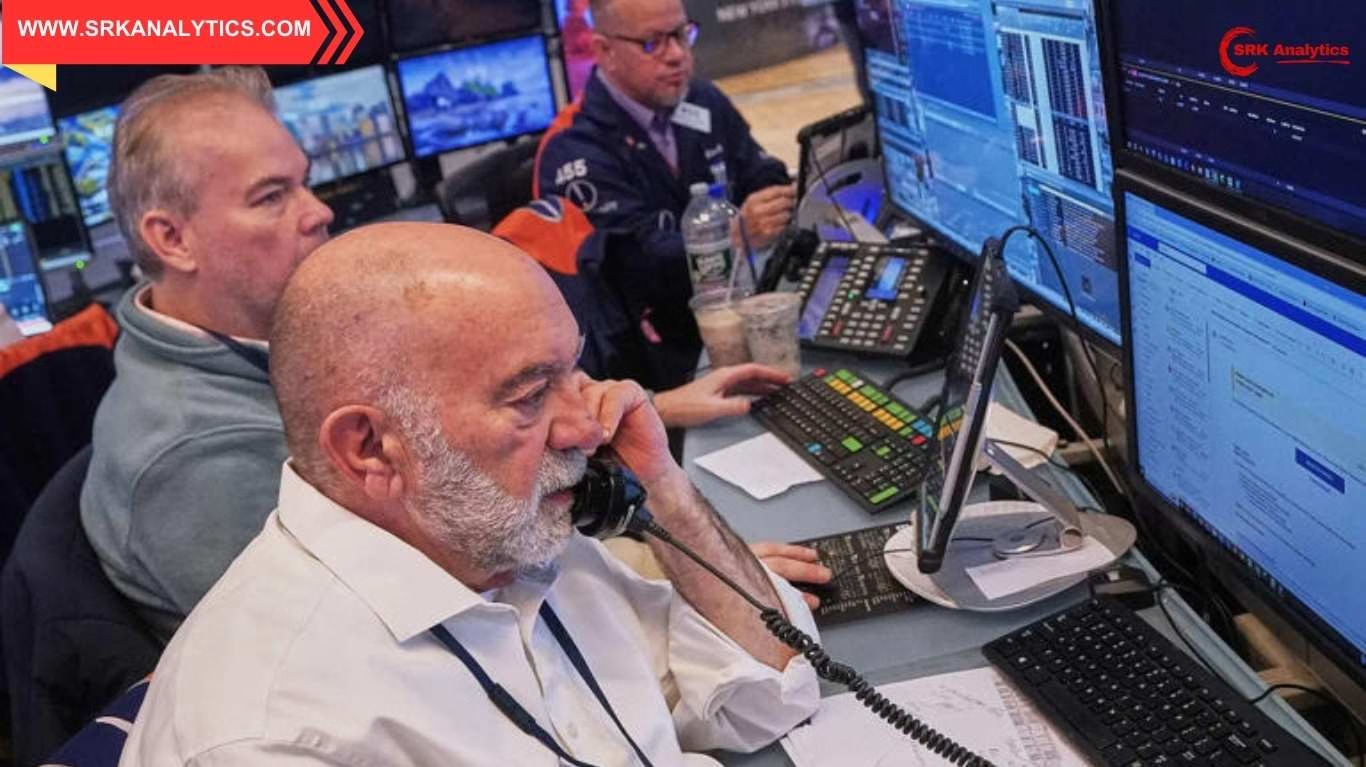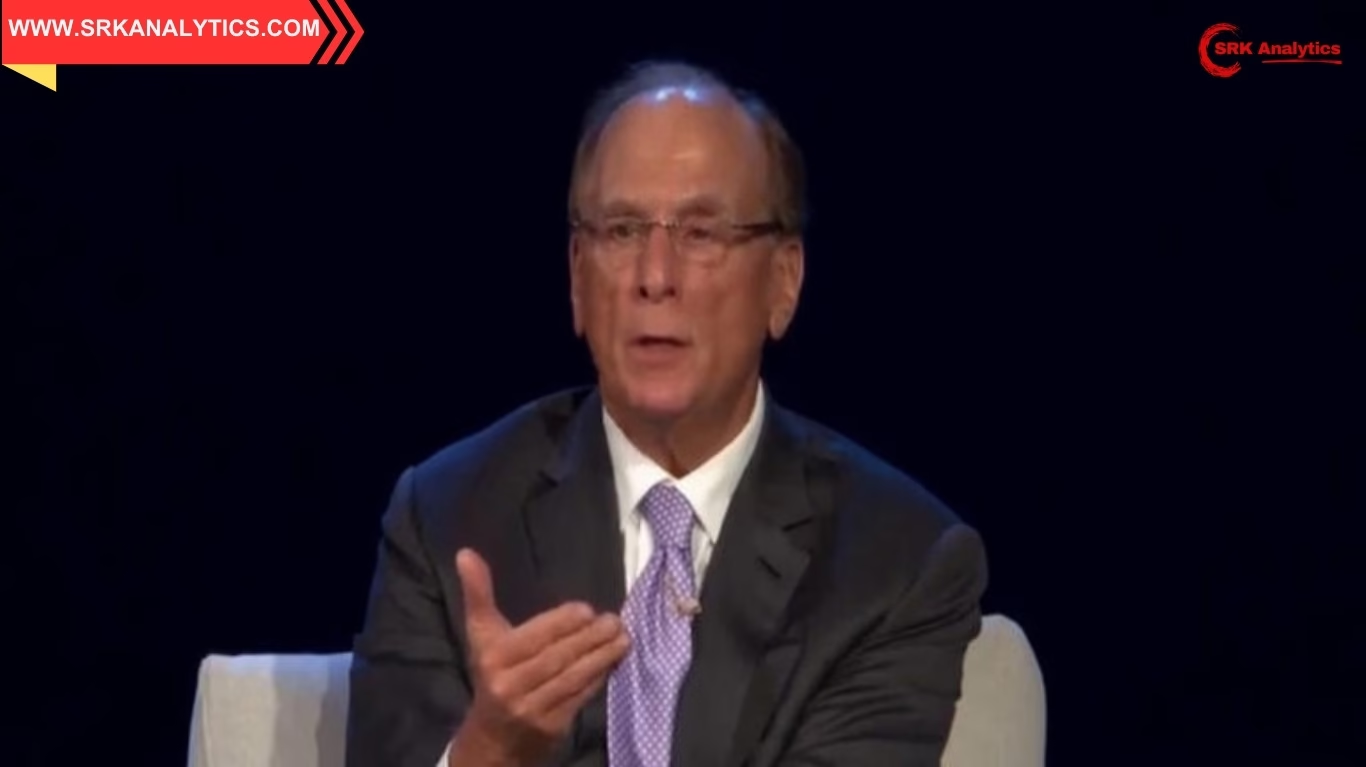Walmart’s Vriddhi Supplier Development Program, launched in India to empower micro, small, and medium enterprises (MSMEs), has now evolved into a global standard, according to Jason Fremstad, Senior Vice President, Supplier Development, Walmart. Speaking about Vriddhi’s international expansion, Fremstad said that what began as a focused initiative to accelerate Indian MSMEs into modern retail supply chains is now shaping Walmart’s global approach to inclusive supplier growth.
Vriddhi’s Journey: From India To The World
Walmart Vriddhi was launched in December 2019 with an aim to:
- Equip 50,000 MSMEs with business skills, digital knowledge, and compliance standards required to supply to large retailers and access domestic and global markets.
- Strengthen India’s Make in India and Atmanirbhar Bharat vision by enhancing local manufacturing competitiveness.
- Integrate small suppliers into Walmart and Flipkart’s supply ecosystem, thereby increasing their reach, efficiency, and profitability.
Today, Fremstad noted, Vriddhi’s principles of supplier education, mentorship, and market access are being replicated across Walmart’s global operations.
Why Vriddhi Became A Global Standard
According to Fremstad:
“Vriddhi proved that when you invest in small businesses with the right mix of training, technology, and market linkages, they transform not just themselves but also uplift their communities. This scalable model is now being adapted in our supply chains worldwide.”
Key reasons for Vriddhi’s global adoption include:
- Rapid digitisation of MSMEs through tailored modules and localised mentoring.
- Effective onboarding of small manufacturers to meet global retail standards.
- Inclusive economic growth by integrating rural and semi-urban entrepreneurs, women-led enterprises, and craft-based units into organised retail.
Impact In India Since 2019
| Metric | Impact |
|---|---|
| MSMEs trained | Over 40,000 so far, with a target of 50,000 |
| Women-led enterprises | 30%+ participants are women entrepreneurs |
| States covered | 25 states and union territories |
| Key sectors | Food processing, handicrafts, apparel, agri-business, consumer goods |
Vriddhi has collaborated with Swasti, Flipkart, and local chambers of commerce to ensure region-specific training and market integration. Its digital learning platform enabled uninterrupted skilling even during pandemic lockdowns, keeping small businesses resilient.
Global Rollout Plans
Fremstad confirmed that Walmart is now adopting Vriddhi’s pillars to:
- Support small and diverse suppliers in Latin America, Africa, and Southeast Asia.
- Enhance compliance and sustainability practices of micro suppliers in global markets.
- Facilitate direct integration of small producers into Walmart’s supply network, increasing sourcing diversity and strengthening local economies.
India As A Global MSME Capability Hub
Fremstad emphasised:
“India is setting the standard for how we think about supplier development globally. The entrepreneurial energy here, combined with structured training, creates models we can replicate across Walmart’s markets.”
He further highlighted that Vriddhi’s success strengthens India’s:
- Export potential, as trained MSMEs become compliant with international quality standards.
- Employment generation, with each MSME expansion creating multiple direct and indirect jobs.
- Innovation ecosystem, as small suppliers adapt digital solutions and sustainable processes taught in the program.
Policy And Industry Reactions
The Indian government has lauded Walmart’s Vriddhi initiative as a private sector-led extension of national MSME empowerment efforts. Industry experts believe:
- Vriddhi complements schemes like the Production Linked Incentive (PLI) by strengthening supplier capabilities at the base of manufacturing value chains.
- Its global adoption will enhance India’s branding as a scalable SME model for emerging markets.
- It underscores the need for technology-enabled supplier development programs to integrate informal and unorganised sectors into mainstream economic growth.
MSME Voices: Transformational Stories
Thousands of Indian MSMEs have scaled operations and improved market access through Vriddhi. For example:
- A food processing entrepreneur in Uttar Pradesh expanded from local mandis to large retail supply after learning packaging, labelling, and compliance modules.
- A women-led apparel unit in Tamil Nadu doubled orders after integrating digital inventory management taught under Vriddhi.
- A tribal craft collective in Odisha secured exports to Walmart’s global buyers by aligning with sustainability and fair trade standards introduced in Vriddhi training.
The Road Ahead For Vriddhi
Walmart’s immediate focus areas include:
- Reaching the 50,000 MSME milestone in India by 2026, ahead of schedule.
- Expanding digital learning platforms with vernacular content for easier adoption by regional suppliers.
- Integrating sustainability modules to help MSMEs align with global ESG standards, creating long-term export competitiveness.
- Developing cross-border MSME exchanges, where suppliers from India mentor counterparts in Africa and Southeast Asia.
Strategic Alignment With Walmart’s Global Goals
Vriddhi’s expansion is part of Walmart’s broader commitments:
- Sourcing $10 billion annually from India by 2027, doubling current procurement.
- Achieving zero emissions by 2040 and promoting low-carbon supply chains.
- Enhancing supplier diversity to strengthen local communities across all markets it operates in.
Conclusion
The transformation of Walmart Vriddhi from a Made in India MSME program to a global supplier development standard showcases India’s leadership in scalable economic inclusion models. As Jason Fremstad noted, Vriddhi reflects how local innovations can set benchmarks for global best practices, positioning Indian MSMEs as competitive contributors to both national growth and international supply chains.
Disclaimer: This article is intended for general business news and strategic industry updates. Readers are advised to consult detailed market reports or company filings before making any investment or partnership decisions related to Walmart or its supplier ecosystem.












карнизы для штор с электроприводом [url=http://www.karniz-elektroprivodom.ru]карнизы для штор с электроприводом[/url] .
перевозка мини экскаваторов [url=arenda-mini-ekskavatora-v-moskve-2.ru]arenda-mini-ekskavatora-v-moskve-2.ru[/url] .
согласовать перепланировку нежилого помещения [url=http://www.pereplanirovka-nezhilogo-pomeshcheniya10.ru]http://www.pereplanirovka-nezhilogo-pomeshcheniya10.ru[/url] .
перепланировка нежилых помещений [url=www.pereplanirovka-nezhilogo-pomeshcheniya11.ru]перепланировка нежилых помещений[/url] .
согласование перепланировки в нежилом здании [url=https://pereplanirovka-nezhilogo-pomeshcheniya9.ru/]https://pereplanirovka-nezhilogo-pomeshcheniya9.ru/[/url] .
рулонные шторки на окна [url=http://rulonnaya-shtora-s-elektroprivodom.ru/]рулонные шторки на окна[/url] .
потолку [url=http://stretch-ceilings-nizhniy-novgorod.ru/]http://stretch-ceilings-nizhniy-novgorod.ru/[/url] .
перепланировка помещения [url=https://soglasovanie-pereplanirovki-kvartiry3.ru/]soglasovanie-pereplanirovki-kvartiry3.ru[/url] .
перепланировка квартиры в москве [url=https://proekt-pereplanirovki-kvartiry17.ru/]перепланировка квартиры в москве[/url] .
регистрация перепланировки [url=www.soglasovanie-pereplanirovki-kvartiry4.ru]регистрация перепланировки[/url] .
сделать проект перепланировки квартиры в москве [url=proekt-pereplanirovki-kvartiry11.ru]proekt-pereplanirovki-kvartiry11.ru[/url] .
продвижение сайта по россии продвижение сайта по россии .
top seo expert https://top-10-seo-prodvizhenie.ru .
интернет агентство продвижение сайтов https://seo-prodvizhenie-reiting-kompanij.ru .
seo firm ranking seo firm ranking .
1xbetgiri? https://1xbet-giris-1.com/ .
1xbet t?rkiye giri? 1xbet t?rkiye giri? .
1xbet t?rkiye 1xbet-4.com .
1xbet ?ye ol 1xbet ?ye ol .
кухни на заказ в спб недорого https://www.kuhni-spb-2.ru .
1xbet giri? g?ncel 1xbet giri? g?ncel .
1xbet mobil giri? 1xbet mobil giri? .
медоборудование медоборудование .
клиника наркология https://www.narkologicheskaya-klinika-24.ru .
melbet букмекерская контора melbet букмекерская контора .
маркетинговый блог statyi-o-marketinge7.ru .
курс seo http://kursy-seo-11.ru/ .
карниз для штор электрический карниз для штор электрический .
организация онлайн трансляций москва https://www.zakazat-onlayn-translyaciyu5.ru .
рейтинг digital агентств москвы [url=http://luchshie-digital-agencstva.ru]рейтинг digital агентств москвы[/url] .
1xbet giri? linki [url=http://www.1xbet-giris-6.com]1xbet giri? linki[/url] .
аренда экскаватора погрузчика http://www.arenda-ekskavatora-pogruzchika-2.ru .
аренда студии для записи подкаста http://www.studiya-podkastov-spb4.ru .
топ компаний по продвижению сайтов топ компаний по продвижению сайтов .
популярні слоти слоти безкоштовно
aplikacja mostbet mostbet